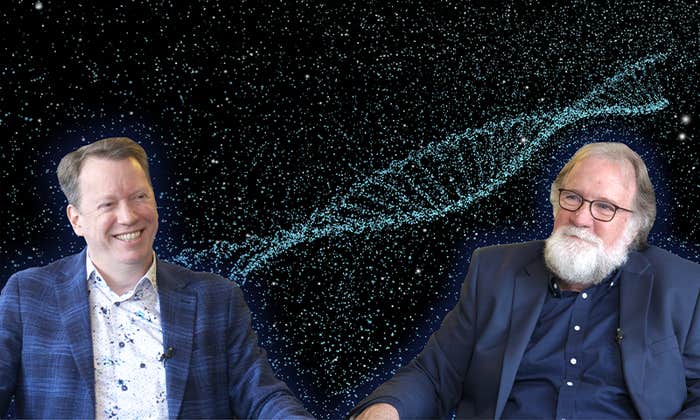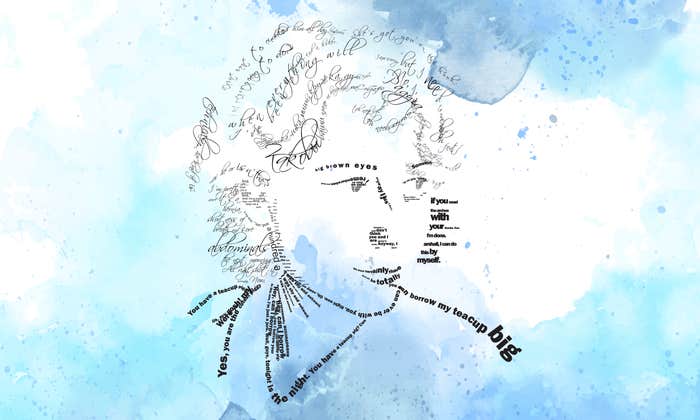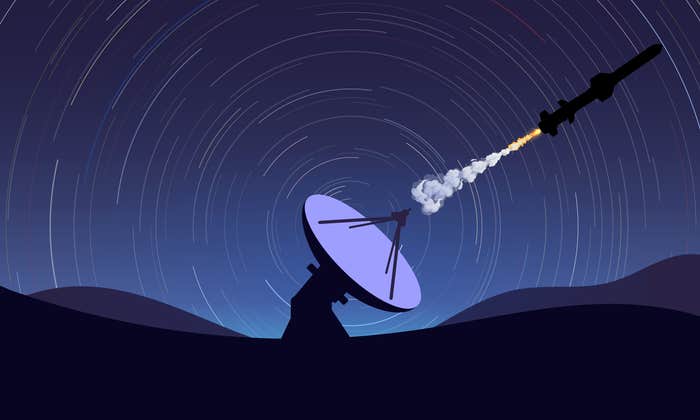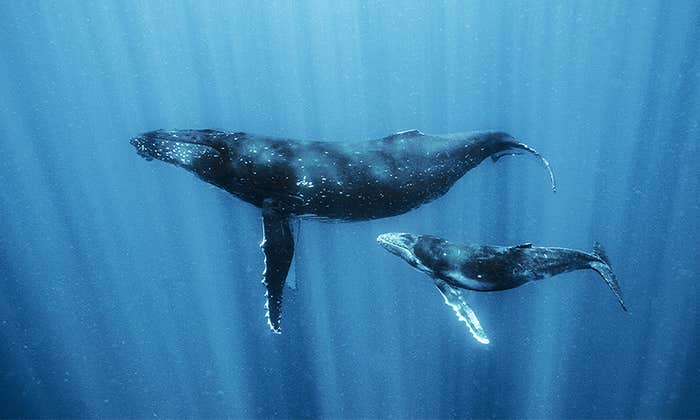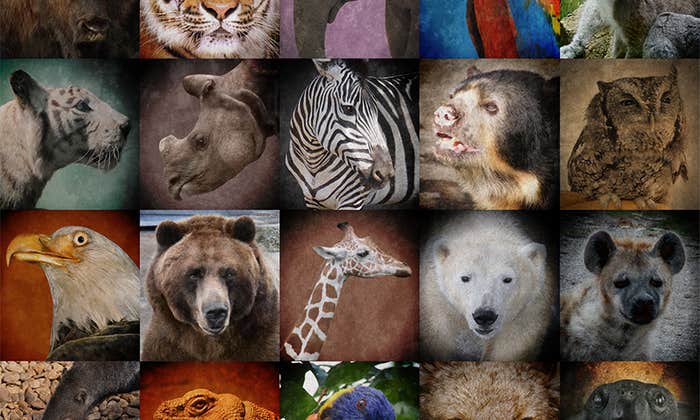Communication
188 articles-
Chasing Lost Languages
Author Laura Spinney on the 3 greatest revelations she had while writing Proto: How One Ancient Language Went Global -
The Octopus Propaganda Hidden in Modern Maps
An old visual trick may promote conspiratorial thinking about global power -
The Most Beautiful Science of the Year
Insights from Nautilus in 2024. -
The Sean Carrolls Explain the Universe
Why are we here? Is there life on other planets? The renowned scientists who share a name share their answers to life’s big questions. -
The Kinship Issue
Connection is primal. -
I Was Made of Language
The true container of the human soul. -
What Language Reveals About Us
Julie Sedivy on the 3 greatest revelations she had while writing her new book Linguaphile. -
Science for the People
A growing movement connects scientists with policymakers and the public to shape a better society. -
If You Meet ET in Space, Kill Him
Should an alien species resist, we will have discovered life. -
Advice to the Next President
Leading scientists and engineers offer strategies for putting the public good ahead of politics.
-

Resolving Conflicts in the Field
How “conservation conflict transformation” can help advance rewilding efforts.
-

One Island Can Make a Difference
How might scientists and ecologists upscale conservation efforts to have a global impact?
-

The Varied Roads to Rewilding
A researcher, a biologist, and a diver reflect on the many different routes needed for conservation.
-

The Cognitive Magic of “Hi”
How a simple word illuminates children’s cognitive development and linguistic creativity.
-

When Kids Talk to Machines
Language bots are no substitute for teaching children to speak and learn.
-
A Scientist Walks Into a Bar …
How comedy plays on our emotions to fight misinformation. -
How Whales Could Help Us Speak to Aliens
Learning to decode complex communication on Earth may give us a leg up if intelligent life from space makes contact. -
The Rebel Issue
How we change the world. -
Viva la Library!
Rebel against The Algorithm. Get a library card. -
The End of Species
Why it’s time for new ways of naming life.


















